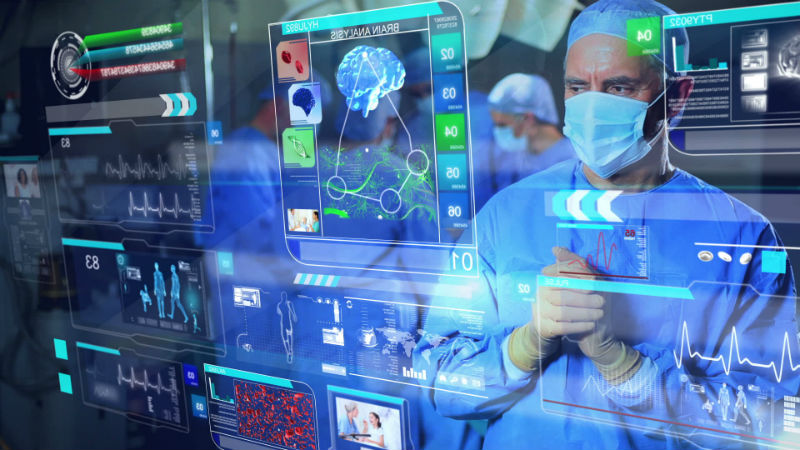
Large and small companies, banks, other financial organizations, governmental agencies and especially groups in the healthcare industry are all being forced to pay increased attention to cybersecurity. Overseeing cybersecurity threats is becoming more difficult as software systems grow older and are no longer flexible enough to support the needs of modern businesses.
This problem is magnified when we are discussing the healthcare industry, though, as healthcare systems and hospital databases can be a sort of one-stop shop for hackers aiming to steal personal information. Not only are names, addresses, birthdates, Social Security numbers and claims information kept within healthcare databases, but sometimes credit card and bank account numbers used to process payments are also stored there.
As stated by Joseph Conn of Modern Healthcare, “criminals regard healthcare records as more valuable than credit card records because their data elements, such as birthdates, addresses and Social Security numbers, can’t be readily changed.”
As a result of the Affordable Care Act, which requires providers to adopt electronic health records whether or not they were financially prepared to invest in cybersecurity, many healthcare providers are turning to outdated or clunky software systems to store patient records. Unfortunately, these aging systems are far more prone to breaches than modern systems are, leaving patients at risk.
According to the Sixth Annual Benchmark Study on Privacy & Security of Healthcare Data by the Ponemon Institute, data breaches could be costing the healthcare industry an estimated $6.2 billion. Some of the recent breaches — like the Banner Health attack in which 3.7 million individuals may have had their personal information compromised — exhibit the growing nature of this issue.
Banner Health, an Arizona-based health system with locations throughout seven states, said that hackers gained access to credit and debit card information through point-of-sale systems that process data at more than 25 food and beverage outlets serving Banner locations. With 3.7 million affected individuals, the Banner Health breach is the largest of this year to date.
It is crucial to modernize legacy systems in order to protect patients as best as possible. With Morphis’ help, healthcare systems will be able to better protect patient records thereby avoiding harmful data breaches. At Morphis, we provide complete solutions for modernizing legacy applications and, in doing so, eliminate risk while saving our clients both time and money — contact us before it’s too late.


Leave a Reply